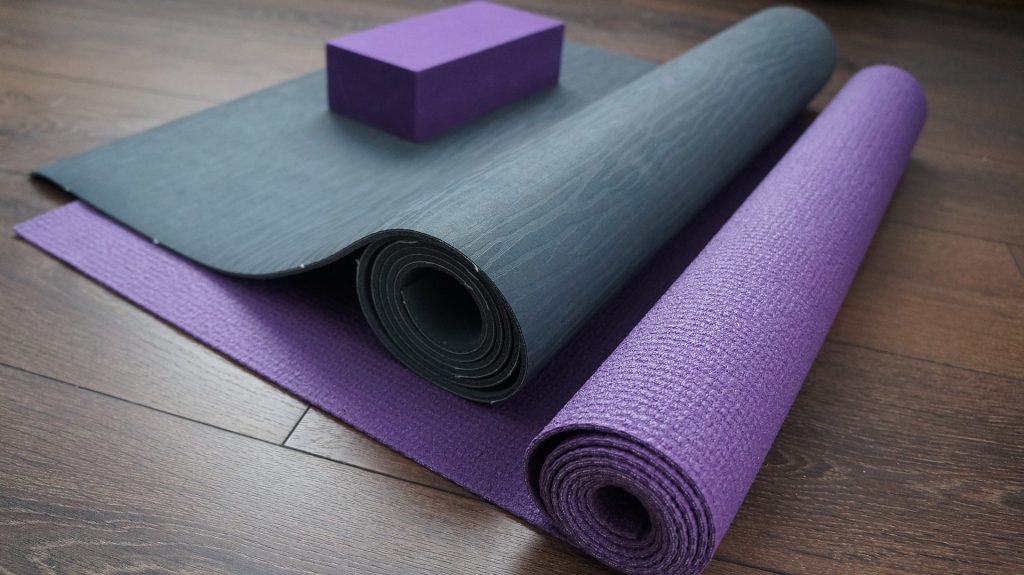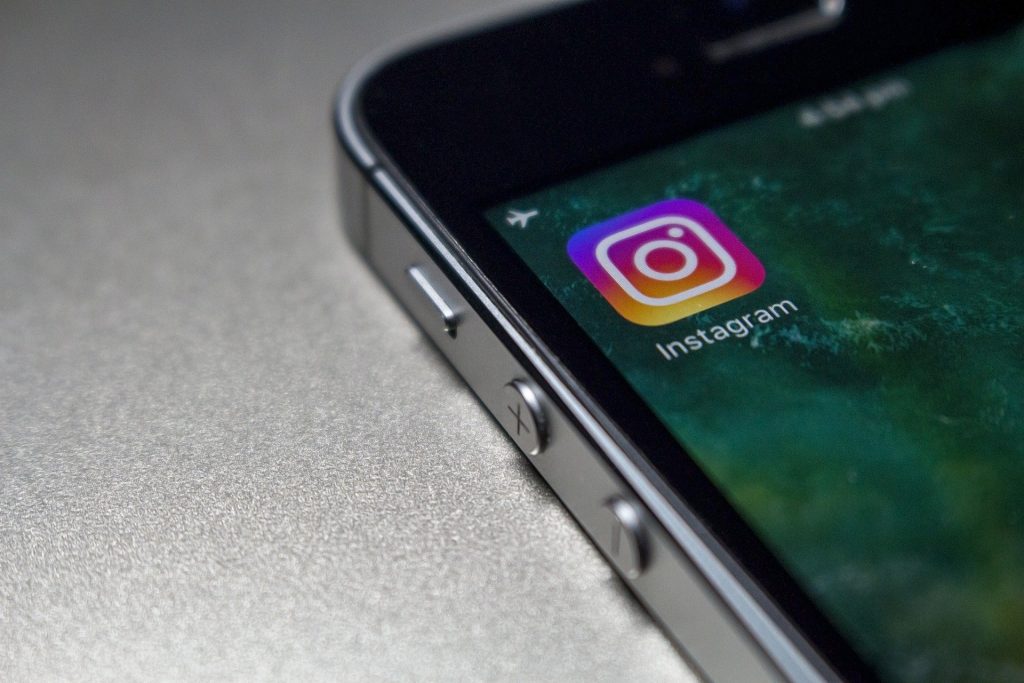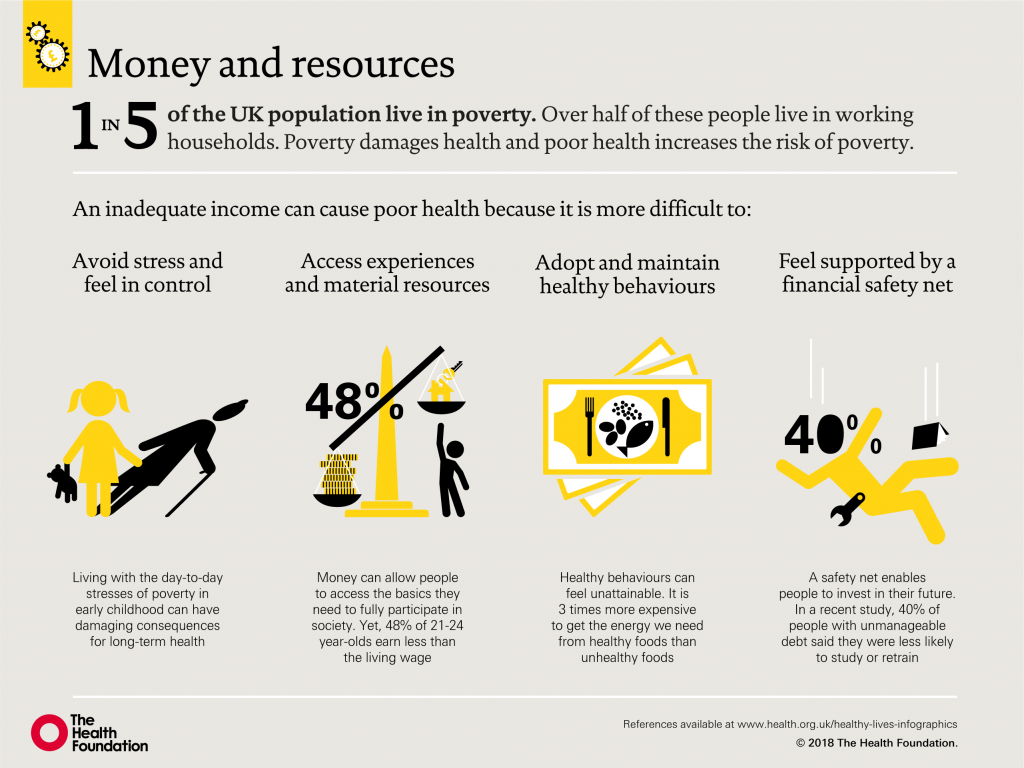(No, not really…)
Now, you know that I don’t tend to hold back in my criticisms of the wellness industry. But for some reason, I have typed a hundred sentences so far, and deleted them all. I think it’s because I don’t know where to start with this one.
I might do well to engage in some of the practices I extol, rather than ranting online about how others are getting it so wrong…

…And I do. I really do. All the time. I meditate, I breathe. I occasionally get down on a yoga mat, although not so much recently with a torn meniscus in my knee and a bit too much lockdown inertia. All of it helps. It helps me to stay relatively sane, relatively healthy (torn menisci, long Covid and underactive thyroids aside) and more deeply connected to my own spiritual practice. Yoga (no, not just the postures) is what allows me to navigate the world without being in a constant state of meltdown.
Yoga is an incredible practice for helping people with the effects of stress, this is why I practise and teach it. For this reason, it would be absolutely wonderful if everyone could practice yoga, meditation, breathwork and any number of wellbeing activities (and to have access to these things) But they don’t, and the reasons they don’t (practice or have access) are many and complex.
The fact that these practices exist within a particular socio-economic framework is perhaps the biggest barrier. My view of it is deeply critical and for that reason, not very popular. What I see is relatively affluent well-resourced people (who are mostly white) selling classes, courses and workshops to other people like themselves. Kind of like a pyramid scheme, except it’s not a pyramid. Maybe more like a swimming pool. One that everyone has peed in.

Even if yoga was the answer to all our problems (which it isn’t) it is easy to make such claims. All you have to do is go on the internet and say things, and with few qualifications, zero evidence, but just enough ‘influence’, some people will listen: about how the ‘right’ choices can influence health; about how having a healthy immune system is related to those choices; about how health is a function of individual behaviour; about how health is an individual’s responsibility. We have heard all of this and more in the past year of Covid, and some people are still shouting out their toxic ever-evolving version of it from their particular place of Insta-influence.
The reason being these things have a ring of truth to them. We all know that eating the right foods, and getting enough exercise are healthy choices. What isn’t true however, is that doing those things guarantee health. It isn’t a wellbeing vending machine transaction where we can insert organic kale at one end and get health out of the other. It doesn’t work that way. Health is complex, with individual, cultural, and economic factors. Health is social and societal.
One of the biggest determinants of health is poverty. Being poor not only limits a person’s access to so-called healthy lifestyle choices like decent food and space to exercise, being poor is in itself stressful. No amount of yoga applied to managing the effects of stress will help if the main reason for the stress – i.e., the poverty – doesn’t go away. You can’t breathe your way out of poverty.

I read something today that suggested ‘staying in poverty’ is a choice that is somehow related to healthy lifestyle and ’embodiment’. I am still trying to work out what it meant. It is an easy kind of thing to say, isn’t it? That everything is a choice. Like the myth of ‘put health in: get heath out’, to suggest that being poor is a choice also has a certain ring of truth to it. For isn’t everything a choice, limited only to individual desire or strength of character? My choice. My body. My freedom. My ‘sovereignty’.
Me…I…My…
What about Us…We…Our..?
What about, we are all responsible for one another…?
On this Easter weekend, when – along with stuffing chocolate into our faces – we are reminded of the sacrifice of someone who lived his life in poverty, in community, and in love. Who healed the sick, shared meals with the marginalised and stood up against the oppressor. Is it just possible that might we take on board his suggestion that we ‘Love one another as I have loved you’? (John 13:34)
One response
Enjoyed reading this, Jude.
Am with you! X